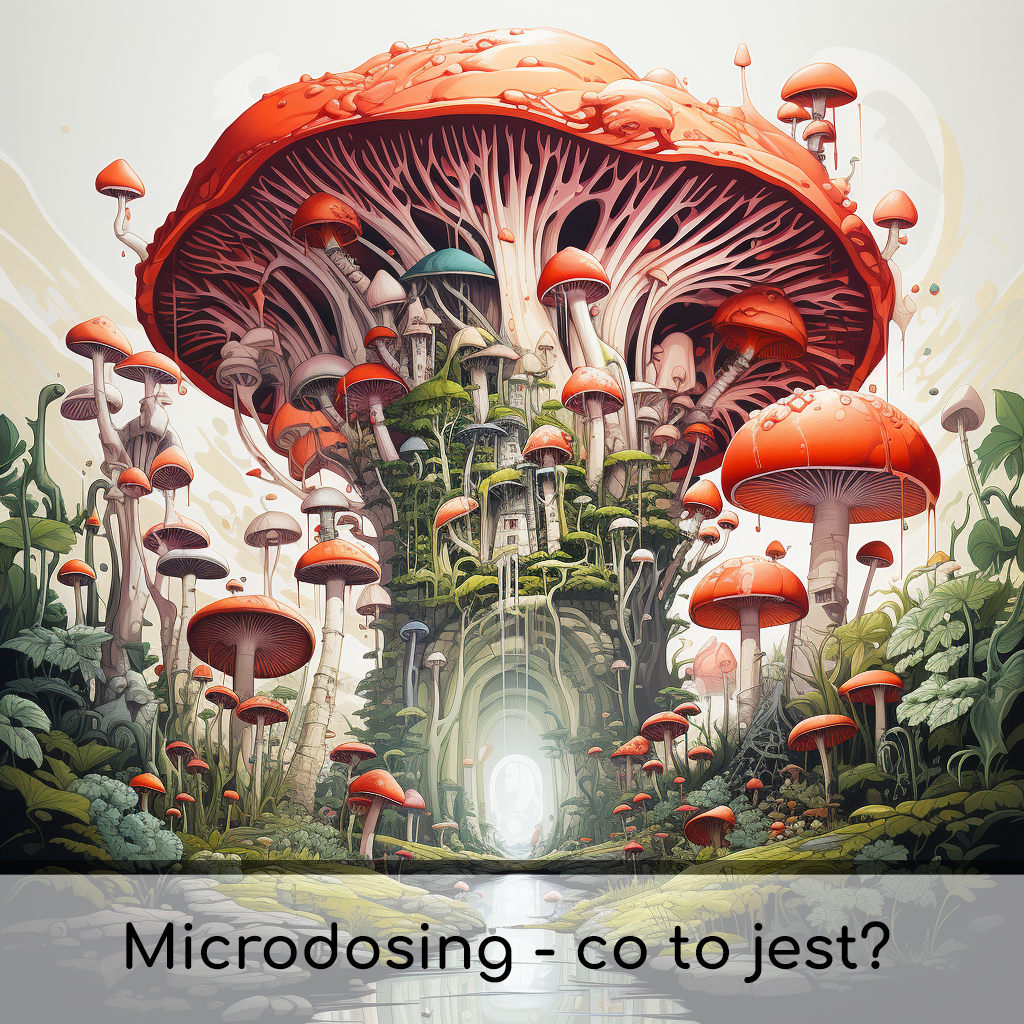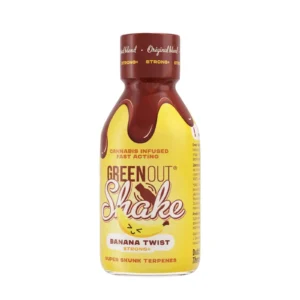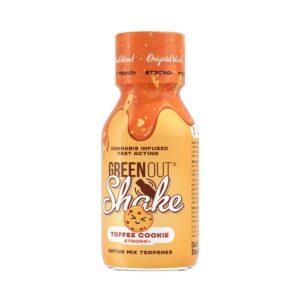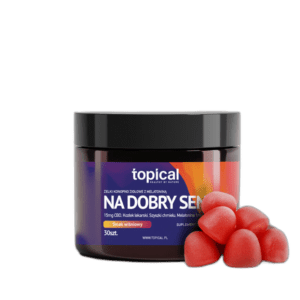Table of contents
Microdosing /. microdosing is a word that is increasingly prevalent in discussions about the treatment of mental disorders using psychedelics. LSD, THC and psilocybin microdosing are the most commonly discussed, but studies on MDMA and ketamine microdosing are also emerging. Each of these substances, to a greater or lesser extent, offers hope for new therapeutic pathways in psychiatry.
What is microdosing / microdosing?
Microdosing - microdosing is the use of small doses of substances known to be psychoactive. It was first popularized by an American writer and scientist James Fadiman.
Fadiman recommended taking 1/10th of a psychoactive dose every few days. With such a small dose, the substances do not cause a noticeable psychedelic effect, but they still have an effect on the body of the user.
Opinions are divided as to what this impact is. Supporters and skeptics of microdosing also operate in the scientific community, which is conducting research into the use of Psychedelics in the treatment of various disorders and ailments.
Advocates of mkrodawn attribute it primarily to its beneficial effects on the psyche: increased creativity and motivation, better contact with one's own emotions and needs, improved mood, better concentration, inner peace.
Skeptics are convinced that it is mainly attitudes and expectations that are at work here, while the beneficial effect is a placebo effect. The main objection to microdosing proponents is that there are no reliable scientific studies proving the occurrence of the benefits claimed by microdosing users.
In fact, there are few scientific publications that describe fully methodologically planned studies on the use of small doses of psychedelics. Conclusions on The effects of small doses are sometimes drawn from studies clinical trials in which full, psychoactive doses were used, which may not necessarily be authoritative.
Many reports of microdosing are based on questionnaires, in which people taking small doses on their own describe changes in their well-being and provide answers to scientists. But this is changing, with more and more researchers looking at the phenomenon and putting it into a scientific framework.
What substances can be microdosed?
In the literature on microdosing, the following substances are most often mentioned:
- LSD
- THC
- Psylocybin
Microdosing LSD
Known for its hallucinogenic properties, LSD (a synthetic substance, not found in this form in nature) is the earliest psychedelic recognized by Western medicine, having been discovered in 1938 by chemist Albert Hofmann. Intensive research into its use in psychiatry lasted from the 1950s to the 1970s.
Studies involving male and female patients (unfortunately, deviating from today's ethical standards for research involving human subjects) were designed to test, among other things, whether long-term personality changes occur under the influence of LSD therapy.
This was followed by an almost 40-year pause, associated with the outlawing of LSD. Although the substance has not been legalized again, there is talk of a great resurgence in psychedelics research in the past decade.
Modern psychiatry recognizes the potential of psychedelics as psychoplastogens - substances that can stimulate structural and functional neuroplasticity in brain systems. Their use appears to scientists to be particularly promising in the treatment of depression, anxiety disorders, PTSD and addiction (particularly optimistic results have been observed in the treatment of alcoholism). Some even believe that psychedelics are likely to have long-term benefits in disease therapies brain disorders (brain disorders).
A comprehensive historical review of research on the therapeutic potential of LSD in psychiatry can be read here In English.
Microdosing LSD got into the mainstream thanks to Silicon Valley IT geniuses, who started talking about taking small doses of the substance as their "productivity hack."
Controlled scientific research to describe the effects of small doses of LSD on the human brain is already underway. Berkley Foundation researchers have observed in vitro and in animal models that micro doses of LSD increase brain plasticity. Studies are currently underway analyzing brain activity, mood and cognitive functions In people taking micro doses of LSD.
On the other hand, addiction treatment specialists warn that even taking small doses of LSD can lead to the development of addiction, making it dangerous to practice microdosing without consulting a doctor.
THC microdosing
THC, as a psychoactive hemp cannabinoid, is included among the psychoplastogens. In the context of medical marijuana, often referred to as micro-dosing of THC in male and female patients who want to avoid the "high" effect while taking the prescribed drug. Small doses are intended to develop tolerance body on THC before getting on the target dose of the drug, they are not always talked about as a treatment in themselves.
However, Swade Cannabis specialists emphasize that the therapeutic effect is always sought at the lowest possible dose of cannabis, and that starting treatment with the lowest dose makes it possible to determine the one appropriate for the individual.
A microdose of marijuana is usually 1-1.25 mg, and it is easier to take it orally, such as in the form of so-called "edibles," but inhaling a measured amount is also possible.
To avoid the psychoactive effects of THC, while maintaining its therapeutic potential, a product called Zeno, which contains 0.4 mg of THC - below the standard microdose.
Zeno is treated as a drug, and has been produced to increase cognitive function and reduce anxiety without the intoxicating effect. It can also be used for people who can poorly tolerate high concentrations of THC (e.g., those who develop phobias and anxiety After taking).
Research at the University of Chicago has shown, among other things, that microdosing tetrahydrocannabinol reduces stress, while medium and high doses have no effect on stress levels or even increase them. Researchers believe that low doses of THC may have therapeutic benefits in treatment of ADHD and disorders anxiety.
Psylocybin Microdosing
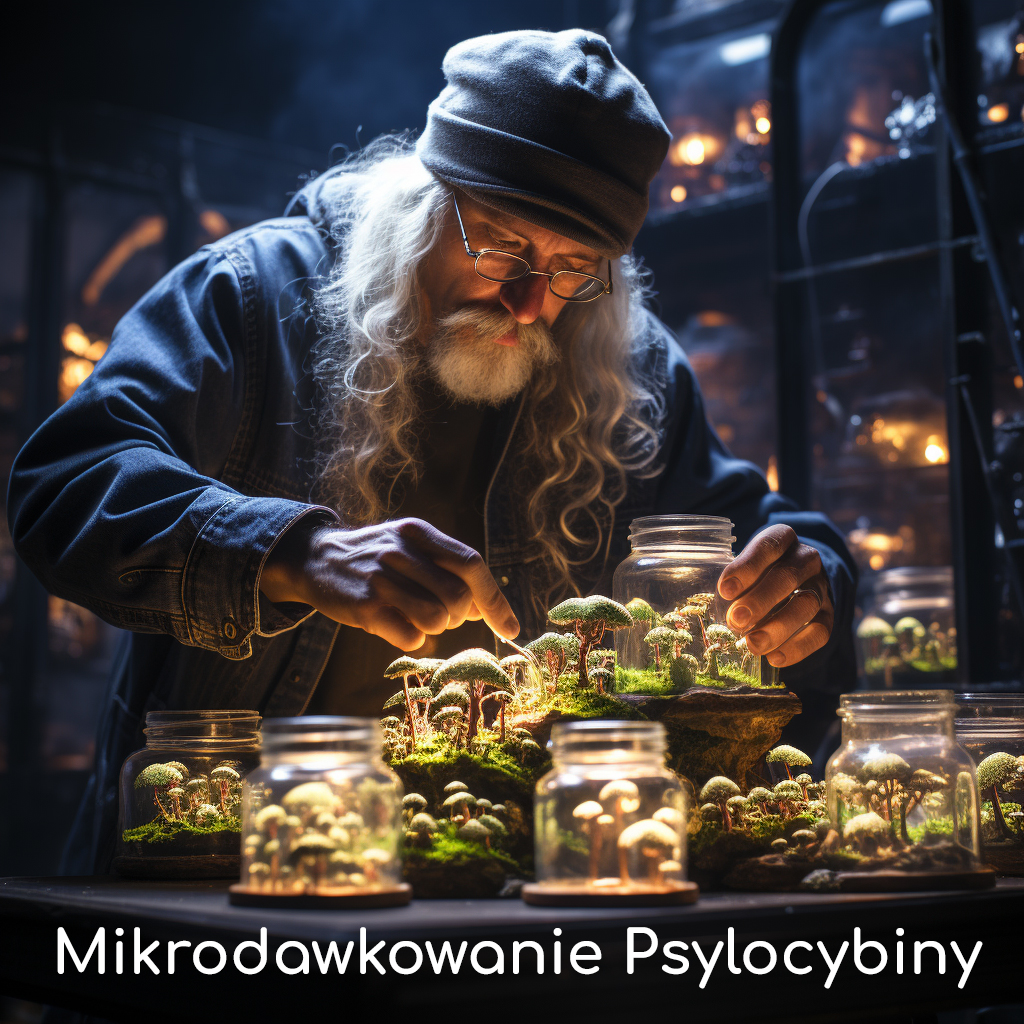
Psylocybin is a psychoactive substance found in nature in many species of psilocybin mushrooms, including Psilocybe cubensis and Psilocybe semilanceata. Hallucinogenic mushrooms were/are used in many indigenous cultures in shamanic and spiritual ceremonies.
Western psychiatry appreciates psilocybin for similar reasons it appreciates LSD - it is a psychoplastogen that may have applications in the treatment of certain mental disorders. Research on the use of full doses of psilocybin in the treatment of depression, anxiety, PTSD or addiction have yielded mostly optimistic results.
Sessions with psilocybin were organized under the control of doctors, participants' reactions were measured during the session - under the influence of the substance and for several months afterwards. The results indicate significant therapeutic progress in the participants, the researchers are optimistic about further research and the future possibility of popularizing this type of therapy.
The Berkley Foundation, mentioned above, is lobbying for the legalization of psilocybin as an available therapeutic substance. The researchers base their argument on the results of their pilot study (a double-blind study involving cancer hospital patients; a control group), in which they analyzed the substance's effects on anxiety and distress in cancer patients.
Those who participated in the study declared a 2-point reduction in anxiety symptoms on a 3-point scale, and no significant side effects of psilocybin were reported. According to the researchers, this study demonstrated the safety of psilocybin, both in people with anxiety and those whose bodies are debilitated by illness.
Extensive research involving volunteers on the effects of microdoses of psychedelics, primarily psilocybin or LSD, on the human brain is underway at Macquarie University in Sydney. The research is headed by Professor Vince Polito.
The first two rounds of the study showed short-term improvements in the overall mental functioning of male and female participants: lower stress levels, better mood and concentration. At the same time, higher levels of neuroticism were observed. In the long term, microdosing benefited from improved focus and reduced depressive symptoms.
There was no control group in the study, which makes it impossible to determine to what extent the perceived benefits are due to the attitudes and expectations of the participants. The researchers recognize this problem and are planning further work on a more methodologically complete study.
While medical marijuana - which also means THC - is already a legal medicine in many parts of the world, including for somatic diseases, the other substances mentioned above are still in the research phase. They still have a long way to go before they reach the market in the form of finished preparations. Hopefully, scientists will succeed in developing optimal dosages that will maximize the benefits of these substances.
